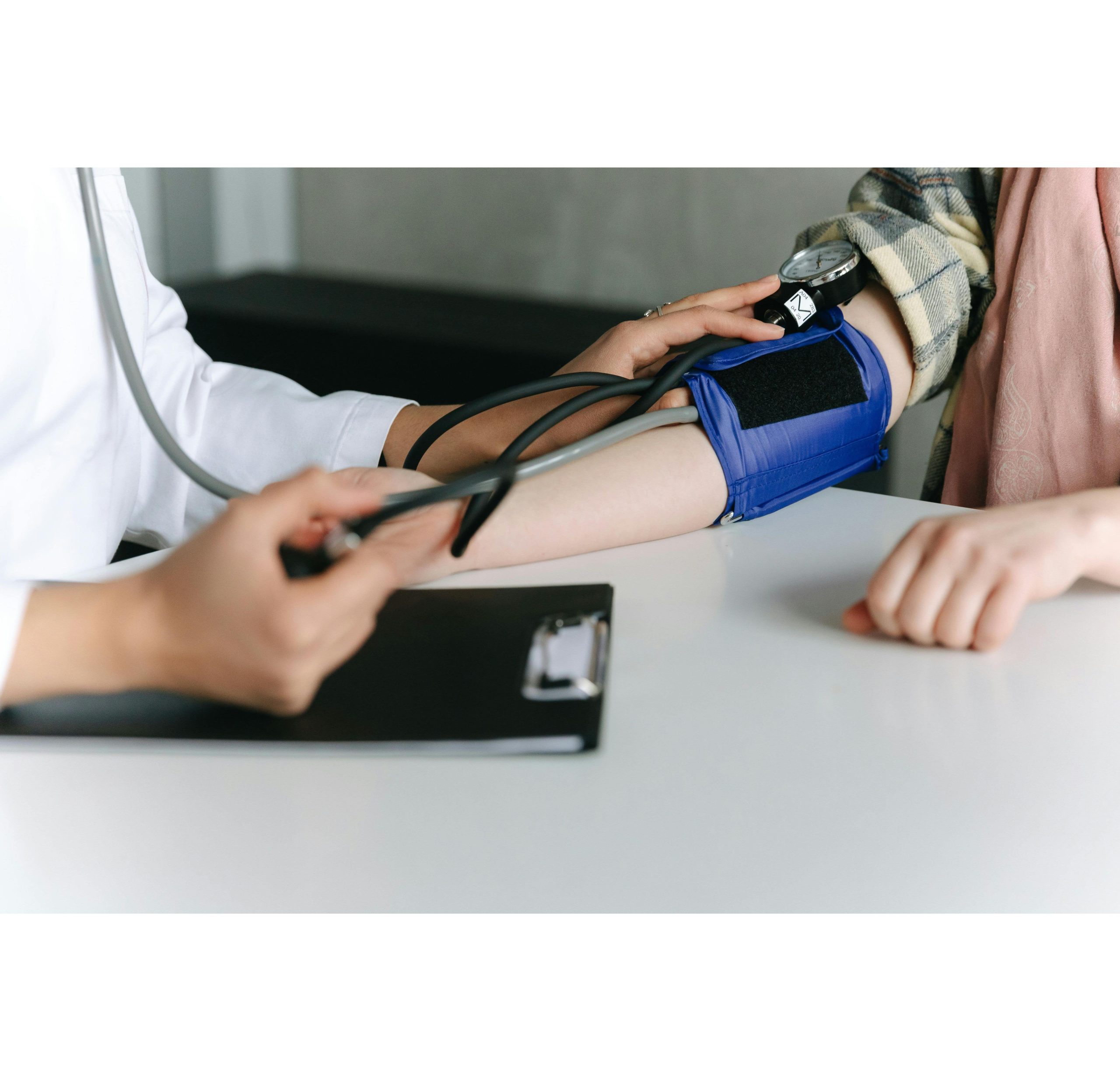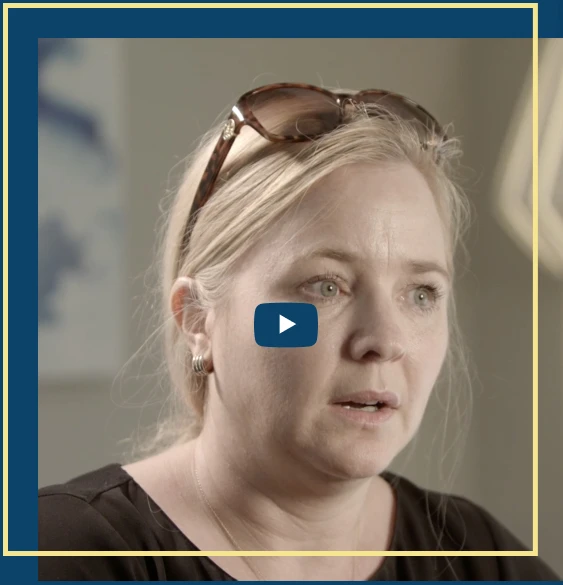Postural Orthostatic Tachycardia Syndrome (POTS) is a complex condition affecting the autonomic nervous system, which regulates essential body functions like heart rate and blood pressure. For individuals with POTS, simple actions like standing up can lead to symptoms such as rapid heartbeat, dizziness, fatigue, and fainting, making everyday activities feel overwhelming. Living with POTS can be frustrating, but with the right approach and support, there are effective ways to manage symptoms and improve quality of life, offering hope for a better future.
Understanding POTS
POTS primarily affects blood flow and the body’s ability to respond to changes in position. For instance, when someone with POTS stands up, their heart rate can increase significantly without a corresponding rise in blood pressure. This miscommunication within the nervous system can cause a variety of uncomfortable symptoms:
- Lightheadedness and Dizziness
- Rapid Heart Rate (Tachycardia)
- Chronic Fatigue and Weakness
- Fainting (Syncope)
- Nausea and Gastrointestinal Issues
- Brain Fog and Cognitive Challenges
The symptoms of POTS can range from mild to debilitating, and each person with POTS experiences the condition uniquely. The variety of symptoms, coupled with their sometimes invisible nature, can lead to delays in diagnosis and misunderstandings. At Restoration Healthcare, we understand and respect the individuality of each patient’s journey with POTS. We are here to provide a holistic and supportive approach to care tailored to your unique needs.
Causes and Triggers of POTS
The exact cause of POTS isn’t fully understood, but research suggests a combination of genetic, environmental, and lifestyle factors can trigger it. Contributions include viral infections, trauma, surgery, or other underlying health conditions. Stress, dehydration, and changes in temperature can also trigger or worsen symptoms.
Our team at Restoration Healthcare works closely with each patient to identify and manage specific triggers. We comprehensively view your health, lifestyle, and medical history to create a plan tailored to your unique needs.
Integrative Treatments for POTS
While there is no single treatment for POTS, integrative care can significantly help manage symptoms and improve daily functioning. Our approach combines conventional and alternative therapies to provide whole-person support:
- Lifestyle Adjustments: Simple but effective changes, such as increasing salt and fluid intake, incorporating gentle exercise, and avoiding sudden positional changes, can make a noticeable difference in symptom management. Restoration Healthcare provides tailored guidelines to help patients make these adjustments effectively.
- Nutritional Support: A balanced diet rich in nutrients and electrolytes and low in processed foods supports autonomic function and energy levels. Our nutritionists work with you to create meal plans that meet your body’s needs.
- Physical Therapy and Exercise: Guided physical therapy, focused on building gradual strength and endurance, can reduce symptoms and improve circulation. Restoration Healthcare’s eight-month exercise program introduces activities that match the patient’s physical tolerance and needs, ultimately supporting autonomic stability.
- Stress Management: High levels of physical and emotional stress can exacerbate POTS symptoms. Techniques like mindfulness, meditation, and deep breathing exercises are integral to our treatment plans.
- IV Therapy: For some patients, intravenous (IV) hydration and nutrients can relieve blood volume and reduce lightheadedness and fatigue symptoms.
- Compression Therapy and Other Physical Supports: Compression garments, such as support hoses and abdominal binders, can help reduce blood pooling in the extremities. Positional strategies (such as rising slowly from sitting or lying down) and supportive tools are also recommended.
- Medication Management: Prescription medications are reserved as a last resort. They are prescribed based on individual needs to help manage heart rate, blood volume, or other specific symptoms. Our approach emphasizes thorough evaluations and prioritizes lifestyle and integrative interventions over medication whenever possible.
Each patient’s journey with POTS is unique, so our approach is flexible and comprehensive. Restoration Healthcare encourages active participation from patients, adapting treatment plans to ensure they feel supported and engaged in their care.
Patient-Centered Care at Restoration Healthcare
Living with POTS often requires adjusting to new physical and emotional challenges. Restoration Healthcare is dedicated to providing compassionate, patient-centered care that addresses the root causes and symptoms of POTS, helping our patients regain control over their health. Our team values the importance of clear communication, empathy, and collaboration. We also understand the emotional toll that POTS can take and offer support for the psychological aspects of the condition.
If you or a loved one is struggling with POTS, don’t hesitate to reach out to learn more about how we can help you on your journey to improved health and well-being.








